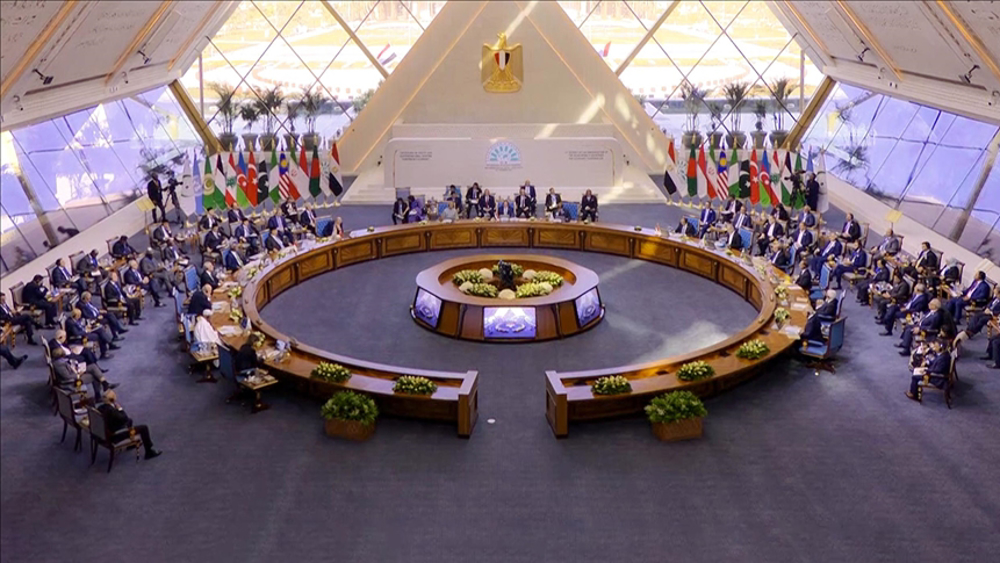Iran sanctions curbing global scientific progress: Top journal
The British medical journal BMJ Global Health says US sanctions on Iran, a leading country in the world for science, are curtailing global scientific progress.
As a result of the draconian sanctions, Iranian scientists have been denied opportunities to publish their findings, attend meetings, and access essential supplies and information, the publication said.
According to the weekly peer-reviewed medical outlet, such bans are to the detriment of international collaboration and nations' ability to respond to health crises and narrow inequalities.
The current US administration announced sanctions on Iran after withdrawing from a landmark nuclear deal in May 2018. Although they are engineered in a way that may appear not to target civilian sectors, in practice US sanctions function as a tool of economic war.
The economic and health impacts of sanctions have been far reaching, extending to the greater Middle East region and affecting research and publishing as well, BMJ Global Health said.
International agencies and institutions mostly shun collaborating with Iranian entities because of the added threat of criminal prosecution by the United States.
Iran, the journal said, ranks 3rd in the world for science and engineering graduates and for tertiary education; 12th in the world for knowledge impact; and 32nd for science and technical publications. As recently as 1996 it ranked first in the world for international collaboration on published research, but in 2017 it was last.

BMJ Global Health cited an increased research output in Iran and a steady growth in scientific innovation, productivity, knowledge impact and patents.
But the blockade on currency exchange has prevented the payment of fees for publishing open access articles, registration at conferences, and membership of professional organizations, it said.
This has prompted many high impact journals and publishers to refuse to handle research papers from Iran, which in turn stymies academic career development.
"Being blocked from publishing, forced to publish in lower impact journals and obstructed from presenting at international meetings prevents or delays academics from reaching institutional benchmarks for career advancement," the journal wrote.
"Available evidence suggests that academic boycotts are not successful tools to achieve political ends", but they do affect the healthcare of the vulnerable and disadvantaged.
"We conclude that academic boycotts violate researchers' freedoms and curtail progress. Free exchange of ideas, irrespective of creed, is needed to optimize global scientific progress," the writers of the analysis said.
Iran’s minister of science, research, and technology said in May that the United States was luring Iranian scientists to the country and then arresting them.
The US, Mansour Gholami said, has identified a number of Iranian professors, who have conducted research in certain areas, published relevant scientific articles, and ordered and bought laboratory equipment.
“They issue visas for Iranian professors and arrest them upon their arrival in the US,” he said. “This is a type of game they play to lure Iranian professors.”
Israeli strikes on north Gaza hospital ‘extremely dangerous, terrifying’: Director
VIDEO | Yemen targets Tel Aviv with Palestine 2 missiles
Pezeshkian: Iran resolved to complete North-South Transport Corridor
VIDEO | Iran-Syria: For Resistance
Qassam Brigades claims killing 3 Israeli troops in northern Gaza
More alive than ever: Sayyed Hassan Nasrallah's legacy grows stronger in martyrdom
Occupation of Syria’s highest peak Mount Hermon part of ‘Greater Israel’ project
Iran: Syrian people will decide their future without foreign interference











 This makes it easy to access the Press TV website
This makes it easy to access the Press TV website